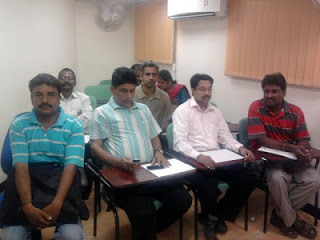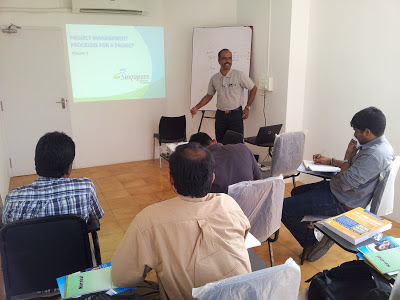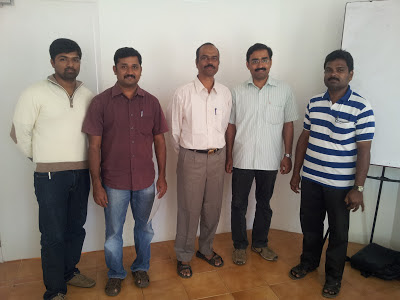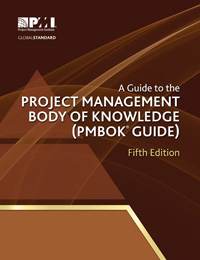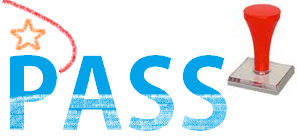I get lot of questions from PMP aspirants. Most of them are not related to the PMP content, but generally questions of administrative nature. Several questions were repeated; primarily out of anxiety from candidates.
I thought of putting together these questions on PMP examination here. This by no means is a comprehensive list of questions. I would add more questions as I come across them.
I hope the above clarifications would help to cool down some of your anxiety. Do you have any other questions? Please feel free to shoot them.
I thought of putting together these questions on PMP examination here. This by no means is a comprehensive list of questions. I would add more questions as I come across them.
Question #1
I got the training of 35 hours in Project Management 2 years back which was conducted by PMI-Chennai chapter and now I am waiting for the PM experience to get completed in mid of this year. Whether I can apply for PMP with this training hours or I have to take a new training?Question #2
I am planning to go for online 35 hours contact training now based on PMBOK 4th edition. However I would like to take the exam on PMBOK 5th edition after 4 to 5 months from now. So my question is the contact hours I gained on PMBOK 4th edition are eligible for taking PMBOK 5th edition exam also?Question #3
I had taken the PMP 35 PDUs training for PMP 4th edition in Nov 2012, and due to some personal problems I was not able to prepare for this PMP Exam and have not taken yet, i,e till 5th May 2013. Now, I came to know that PMP 4th edition exam last date is 31 July 2013. I have not started preparation for this PMP exam, so can I prepare for this exam within 2 months?Question #4
I have done my 35 hours PDU and I am in the process of completing my profile. Please advice whether I should take PMP4 exam or PMP5 exam. I just did the 35 hour PDUs last weekend.I hope the above clarifications would help to cool down some of your anxiety. Do you have any other questions? Please feel free to shoot them.

